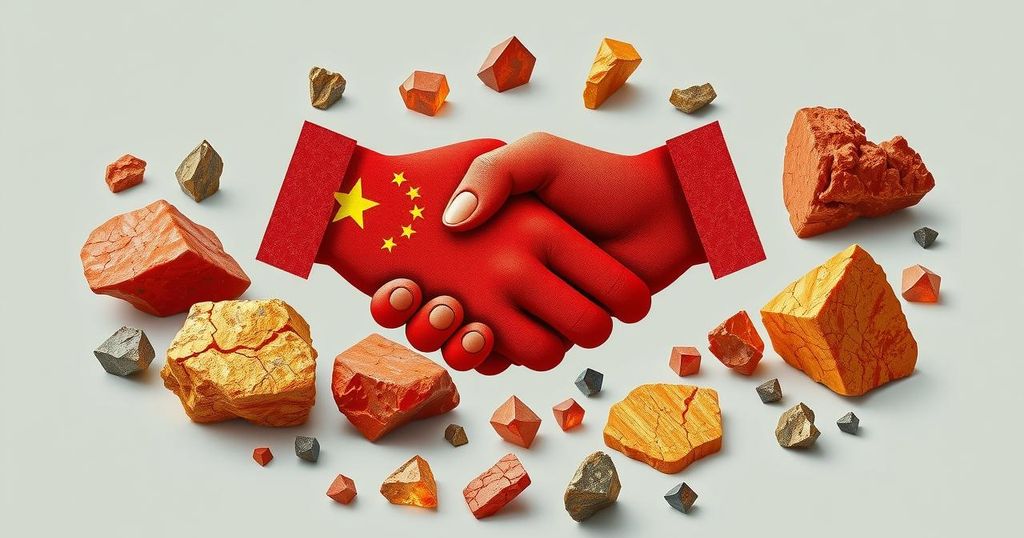- The U.S. and China reached an understanding on rare earth shipments.
- The Geneva agreement aims to reduce tariffs and trade tensions.
- U.S. Commerce Secretary confirmed top-level approval of the framework deal.
- Challenges remain with accusations of non-compliance by China.
- The White House may extend upcoming tariff deadlines beyond July 9.
U.S.-China Agreement on Rare Earth Shipments
In a significant move, the U.S. and China have come to an agreement that outlines a framework for accelerating rare earth shipments to the United States. This understanding, which was reached after extensive discussions, signals a potential thaw in what has been a tense trade atmosphere between the two nations. The talks took place during a meeting in Geneva back in May, where both parties committed to a temporary reduction of the high tariffs imposed on one another’s goods.
Challenges and Tariff Negotiations Ahead
However, this deal has not been without its difficulties. U.S. officials have accused China of failing to fully comply with the terms of the agreement by delaying export license approvals for rare earths. Despite these challenges, the agreement seems to have secured approval at the highest levels of government, with U.S. Commerce Secretary Howard Lutnick confirming that the framework reached in London this month is now finalized. The ongoing discussions hint at broader implications for the U.S.-China trade relationships moving forward, as the White House indicated that it may extend tariffs that are currently due to increase on July 9, a move that has raised questions about the implications of this flexibility.
Looking Forward: Trade Developments Expected Soon
During a recent event, President Trump mentioned that the U.S. had “just signed” a trade-related deal with China, though he did not provide specific details about this new development. The White House echoed these sentiments, clarifying that this agreement pertains to the framework established in Geneva. As negotiations continue, Press Secretary Karoline Leavitt hinted that the president could postpone the imposition of steeper tariffs set to take effect in July, which further complicates the current trade landscape as nations await a response to their negotiation efforts.
The recent agreement between the U.S. and China marks a substantial step in trade relations, particularly concerning rare earth exports. While challenges remain, including accusations of non-compliance from the U.S. side, the finalized framework has been approved at high government levels. As tariffs loom on the horizon, the flexibility indicated by the Trump administration may set the stage for further negotiations in the near future, leaving many details still to unfold.






